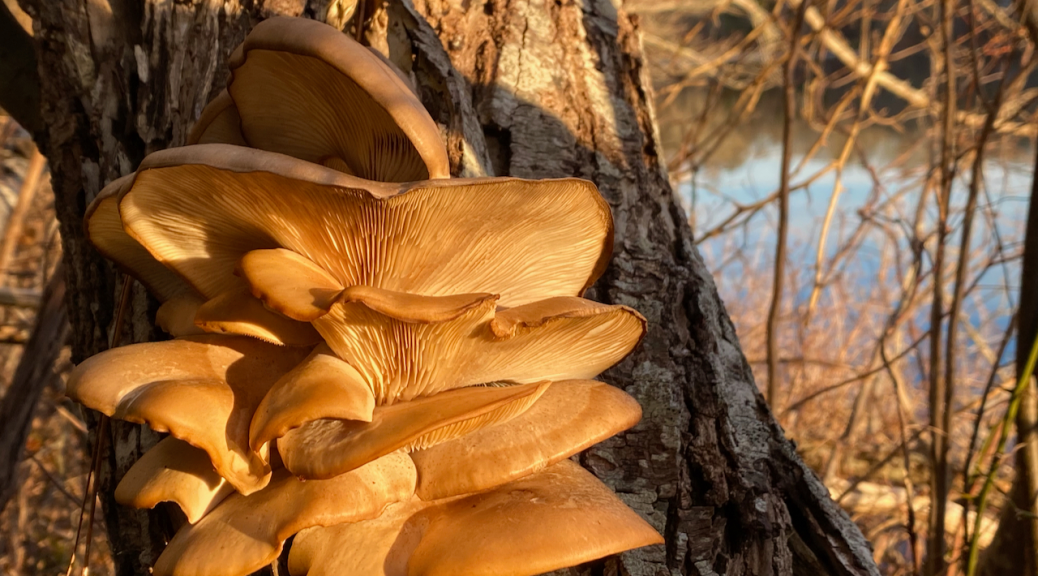In a groundbreaking initiative funded by the Victorian government, up to 1.2 million cigarette butts may find an unexpected fate – becoming a vital part of a solution to Australia’s plastic pollution crisis. The initiative, led by Sustainability Victoria, aims to enlist the help of oyster mushrooms to break down not only the butts but also the toxic microplastics they harbor.
Unveiling the Cigarette Butt Crisis
Every year, a staggering 9 billion plastic cigarette butts are discarded in Australia alone, emitting harmful microplastics and toxic chemicals like arsenic into our precious waterways and soil. The consequences of this environmental negligence are dire, posing a significant threat to aquatic life and ecosystems. In response to this crisis, Sustainability Victoria has embarked on a mission to divert these toxic butts from landfills into a groundbreaking program.
Unleashing Nature’s Recyclers
At the forefront of this innovative program is Melbourne-based Fungi Solutions, a trailblazing organization that has dedicated years to training mushrooms to consume cigarette butts. Mimicking a process found in the wild, Fungi Solutions leverages the adaptive digestive system of mushrooms to tackle this challenging pollutant.
According to Amanda Morgan, the CEO and Head of Research at Fungi Solutions, mushrooms have proven to be incredibly versatile in adapting their digestive systems to various food sources. Despite the inherent toxicity of cigarette butts, Fungi Solutions has successfully cultivated a strain of fungi that exclusively consumes them. Most astonishingly, these fungi can devour the majority of the butts within a mere seven days, a stark contrast to the 15 years it takes for these butts to break down in conventional landfills.
From Waste to Resource
The program aims not only to rid the environment of these hazardous butts but also to explore the possibility of transforming the byproducts into a sustainable alternative to polystyrene. Sustainability Victoria’s funding will facilitate the diversion of cigarette butts to a laboratory where fungi will work their magic on both the plastic and the chemicals.
Morgan emphasizes that the initiative is a significant step toward responsible recycling and the establishment of a circular economy. She states, “We think it’s the start of a really interesting conversation about how to recycle our materials responsibly and establish a circular economy.”
A Vision for a Cleaner Future
Environmental group No More Butts, a key partner in this initiative, envisions a cleaner future with reduced cigarette butt pollution. Shannon Mead, the founder of No More Butts, is optimistic about the trial’s potential success and aims to remove 1.2 million butts from landfills during this phase.
Mead states, “We’re aiming to go even higher if funds are available, and if that happens it could be the only commercially scalable recycling opportunity for cigarette butts in Australia.” The success of this trial could pave the way for an expanded and scalable solution to tackle the pervasive issue of cigarette butt pollution.
The Road Ahead for Mushroom Recycling
While initial trials in Wollongong showcased promising results, with mushrooms successfully removing a significant portion of toxins, there is still work to be done. According to Morgan, additional lab testing is essential to assess the toxicity breakdown before and after remediation. The ultimate goal is to develop a clean and safe material byproduct from this process, ensuring that the recycling effort is not only innovative but also environmentally responsible.
The urgency of addressing cigarette butt pollution becomes even more apparent considering the revelation by Clean Up Australia that about one-third of the nearly 100 chemicals inside cigarette butts are “acutely or chronically toxic” to sea life. Birds, turtles, whales, and fish have fallen victim to the ingestion of cigarette butts, amplifying the need for effective and scalable solutions.
In a recent exposé by Guardian Australia, it was disclosed that a promised taskforce to combat cigarette butt pollution, pledged by the former Coalition government two years ago, was never established. This further emphasizes the importance of initiatives like the one led by Sustainability Victoria and Fungi Solutions, which actively seek solutions to alleviate the detrimental impact of cigarette butt pollution on our environment.
The Urgency of Combatting Cigarette Butt Pollution
The alarming revelation about the toxicity of cigarette butts and their impact on marine life underscores the urgency of addressing this critical issue. It’s a call to action for individuals, communities, and governments to collectively combat cigarette butt pollution. The success of initiatives like the one in Victoria depends not only on the dedication of organizations like Fungi Solutions and No More Butts but also on broader public awareness and support.
In a world where environmental challenges are mounting, innovative solutions such as mushroom-based recycling offer a ray of hope. As we delve into the intricacies of this program, it’s evident that the collaboration between government entities, environmental groups, and forward-thinking organizations exemplifies the collective effort needed to address and combat environmental challenges effectively.
Conclusion:
As we witness the convergence of nature’s recyclers and innovative initiatives, the prospect of mushrooms transforming cigarette butts into a valuable resource shines as a beacon of hope. This holistic approach not only tackles the immediate problem of cigarette butt pollution but also opens doors to sustainable alternatives, paving the way for a cleaner, greener future. The collaboration between government entities, environmental groups, and forward-thinking organizations exemplifies the collective effort needed to address and combat environmental challenges effectively.
The mushroom magic is not just a solution; it’s a promise of transformation, turning trash into treasure and contributing to the restoration of our delicate ecosystems. In a world where every action counts, this initiative stands as a testament to the power of human ingenuity and nature’s resilience in the face of environmental adversity. Let us embrace this beacon of hope, support such initiatives, and collectively strive for a more sustainable and harmonious coexistence with our planet.

